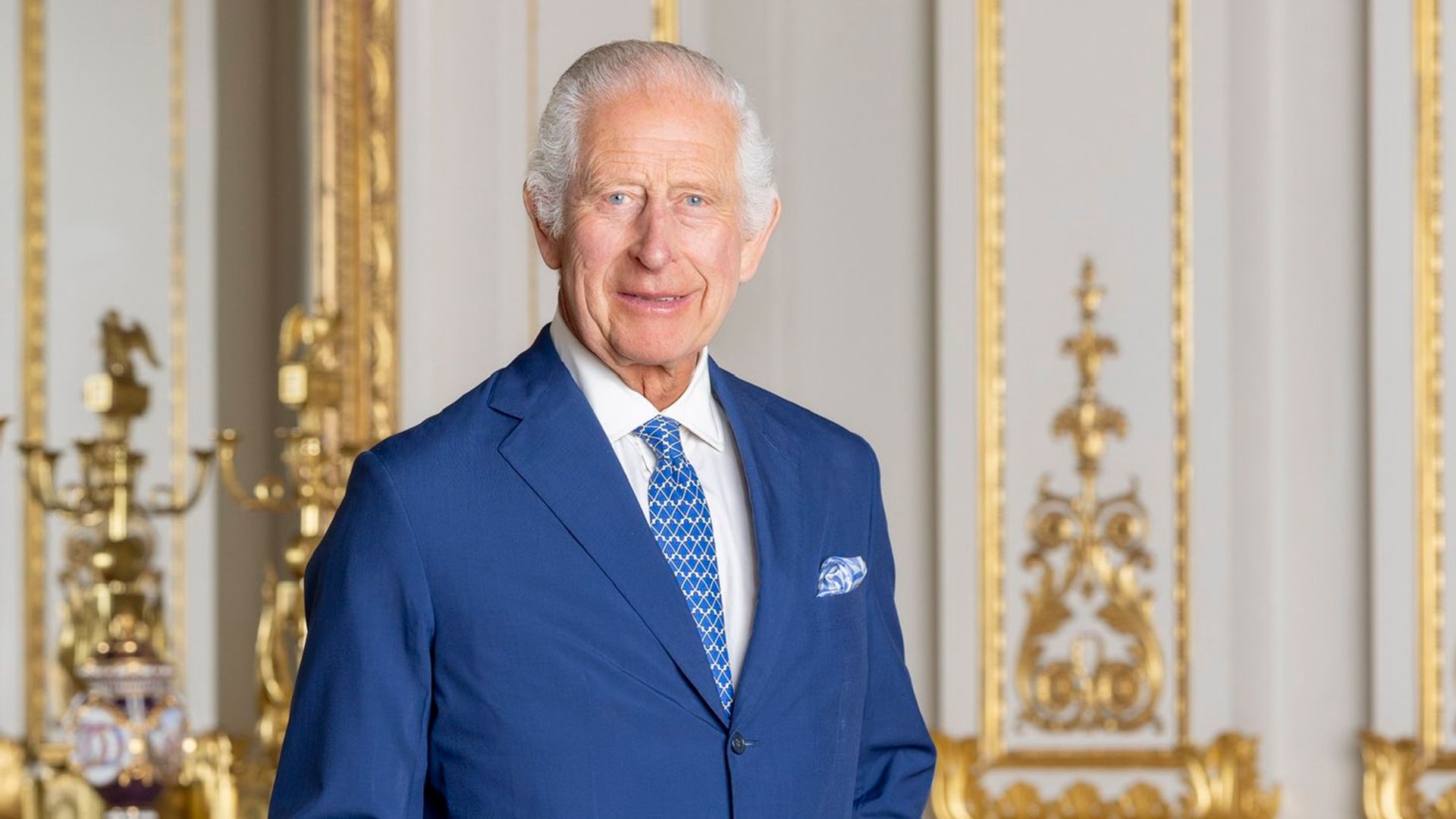In a recent interview with journalist Madison Reidy, Michael Saylor, CEO of MicroStrategy, ignited significant controversy within the Bitcoin community over his remarks on custody and regulation. Addressing concerns about the risks of large amounts of BTC being held by third-party custodians and major institutions, Saylor argued against self-custody and downplayed fears of increased seizure or confiscation.
Saylor posited that BTC is more secure when held by regulated public entities such as BlackRock, Fidelity, and JPMorgan Chase, rather than by unregulated private holders. He stated, “I think it’s the opposite. I think that when Bitcoin is held by a bunch of crypto anarchists who aren’t regulated entities, who don’t acknowledge government or don’t acknowledge taxes or don’t acknowledge reporting requirements, that increases the risk of seizure.”
The Importance Of Bitcoin Self-Custody
The backlash from the BTC community was swift and intense, as Bitcoinist reported. Even Ethereum co-founder Vitalik Buterin labeled Saylor’s statement as “batshit insane,” reflecting the strong disapproval from prominent figures in the crypto space.
Facing mounting criticism, Saylor appears to have softened his stance. Via X, he clarified: “I support self-custody for those willing & able, the right to self-custody for all, and freedom to choose the form of custody & custodian for individuals & institutions globally. #Bitcoin benefits from all forms of investment by all types of entities, and should welcome everyone.”
Gabor Gurbacs, founder of PointsVille and a strategist at Tether, commented that Saylor’s adjusted stance “shouldn’t be a controversial position” and considered it “just common sense.”
However, not all were convinced by Saylor’s clarification. Bitcoin advocate Max Keiser expressed concerns that the importance of self-custody—a defining aspect of BTC’s value proposition—was not adequately communicated. He highlighted the high risks associated with having others custody one’s Bitcoin and noted that self-custody and the separation of state and money are key characteristics that define it.
“To be clear, El Salvador is opening up Bitcoin banks attached with caveats clearly stating that self-custody—and the separation of state & money—are key characteristics that define Bitcoin. Bitcoin is transforming money & the concept of the nation state too; as it’s been understood for 300 years,” he added.
Industry analyst James Van Straten speculated that MicroStrategy is positioning itself as a BTC bank, aligning with predictions made by Hal Finney back in 2010. While advocating for self-custody, Van Straten acknowledged that institutional involvement and ease of access, such as through ETFs, are significant drivers of BTC adoption.
“Saylor is playing a completely different game than the average pleb. Depending on the next US administration, he has to position himself carefully. I would argue it’s even more stupid to position himself as a crypto-anarchist. If he deems yield is necessary, then it is. Got the first four years right,” Van Straten writes via X.
Joe Burnett from Unchained offered a succinct take: “Incredibly based.” Conversely, Joel Valenzuela, involved in business development and marketing for Dash, remarked on X: “Capitulation. But you showed your true colors.”
At press time, BTC traded at $67,700.




